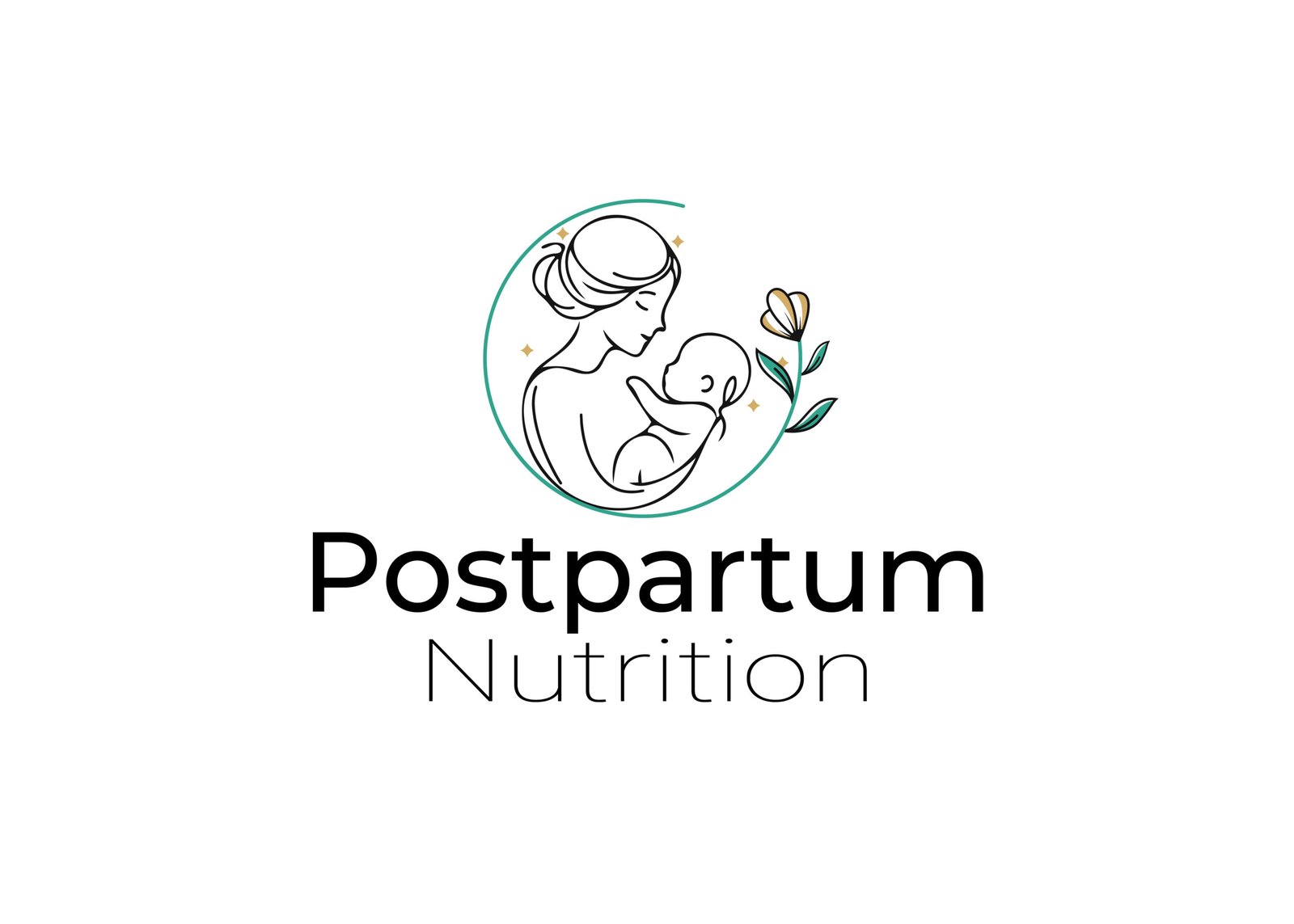Many new mothers experience various physical and psychosocial changes in their bodies and health during the postpartum period. Digestive concerns are one of the most common problems during the postpartum period.
Gut-related changes during pregnancy and after giving birth are usually temporary. our bowel function will generally return to your pre-pregnancy baseline within a few months.
So, how can you relieve constipation naturally in a way that supports healing, energy, and overall well-being? Here’s what you need to know.
Let’s discuss some of the most prevalent digestive problems that you may have during the postpartum period, along with advice on how to deal with them.
CONSTIPATION
Difficulty having bowel movements due to pain and slow bowel movement is a common postpartum complaint. In fact, constipation can be a problem for nearly 25% of post-childbirth.1
Here are some potential causes:1
- Hormonal changes: During pregnancy, the body produces more of the hormone progesterone, which can cause the muscles in the digestive tract to relax. This can lead to slower bowel movements. After giving birth, hormone levels drop rapidly, further contributing to slower digestion.
- Dehydration: It is common for you to become dehydrated during labor and delivery, which can lead to constipation after giving birth. It is important to stay hydrated and drink plenty of water to keep your bowel movements regular.
- Pain medication: You may receive pain medication after giving birth. If opioid medications are taken, this can cause constipation by slowing down the digestive system.
- Fear of pain: You may have fear about the pain of having a bowel movement after delivery, especially if you had an episiotomy or tear. However, constipation can occur if there is a delay in having a bowel movement. Therefore, it is important to work through the fear and try to use the bathroom.
- This fear can cause them to delay having a bowel movement, this may result in constipation.
- Lack of physical activity: After giving birth, it is common to feel too tired or uncomfortable to move around. Unfortunately, lack of physical activity can slow down digestion and cause constipation.
- Iron supplements: Iron supplements are commonly recommended after giving birth to help replenish blood loss, but these supplements can also lead to constipation.
- Taking an iron supplementafter giving birth can help replenish blood loss, but sometimes these supplements can lead to constipation.
Here are some tips for constipation relief:1
Postpartum constipation can be uncomfortable, but small daily habits can help keep your digestive system on track. Stay hydrated by drinking plenty of water throughout the day. Warm liquids, especially in the morning, can help soften stools and promote regular bowel movements. Increase your fiber intake by adding more fruits, vegetables, whole grains, and legumes to your meals—these fiber-rich foods support colon function and make it easier to stay regular. Lastly, get moving when you feel ready. If you’re not experiencing pain, gentle physical activity like walking can improve circulation and stimulate your bowels. By prioritizing hydration, fiber, and movement, you can ease constipation and feel more comfortable during your postpartum recovery.

LOOSE STOOLS AND INCONTINENCE
Loose stools and incontinence (or uncontrolled urination) are common after giving birth, particularly after you have a vaginal delivery.
Causes of loose stools and incontinence after birth:
- Hormonal changes: During pregnancy, the body produces more hormones that relax the muscles in the bowel and bladder. After delivery, these hormones drop suddenly, which can lead to loose stools and incontinence.
- Episiotomy or tearing: If you had an episiotomy (a surgical cut to the area between the vagina and anus) or experienced tearing during delivery, it can weaken the muscles that control bowel movements, leading to incontinence.
- Pelvic floor muscle weakness: The pelvic floor muscles support the bladder, bowel, and uterus. During pregnancy and delivery, these muscles can become stretched and weakened, leading to incontinence and loose stools.
- Medications: Some medications that are commonly used after delivery, such as pain relievers and antibiotics, can cause diarrhea and loose stools.
- Dehydration: Not getting enough fluid after delivery can lead to constipation, which can then lead to loose stools.
Here are some tips that may help alleviate loose stools:
If you’re experiencing digestive discomfort, a few dietary and lifestyle changes may help. Increasing your fluid intake by drinking plenty of water, herbal tea, or clear broths can prevent dehydration and may help regulate your stools. Sticking to a bland diet with easy-to-digest foods like rice, toast, bananas, applesauce, boiled potatoes, and chicken broth can be gentler on your system, while avoiding spicy, fried, or fatty foods can prevent further irritation. Limiting dairy products may also help, as some people have difficulty digesting lactose, which can contribute to loose stools. Incorporating probiotics—found in foods like yogurt, kefir, kimchi, pickles, miso, and tempeh—can help restore the natural balance of bacteria in your gut and support digestion. Additionally, reducing caffeine intake may alleviate symptoms, as caffeine can irritate the digestive system. Finally, practicing Kegel exercises can strengthen your pelvic floor muscles, improving both bowel and bladder control. By making these small adjustments, you can support your postpartum recovery and promote better digestive health.
ACID REFLUX
Heartburn or acid reflux is a common complaint in pregnancy. However, it can also occur in the postpartum period.
Causes of postpartum acid reflux
- Hormonal changes: During pregnancy, the body produces higher levels of the hormone progesterone, which can cause the muscles that separate the esophagus and stomach to relax. This can lead to acid reflux or heartburn. After giving birth, hormonal levels can fluctuate rapidly, and it may take some time for the body to return to its pre-pregnancy state, which can contribute to ongoing acid reflux.
- Increased pressure on the stomach: As the baby grows during pregnancy, the uterus puts pressure on the stomach, which can push stomach acid into the esophagus. After giving birth, the uterus begins to shrink back to its pre-pregnancy size, but this process can take several weeks. During this time, the uterus may still be putting pressure on the stomach contributing to acid reflux.
- Changes in eating habits: After giving birth, you may experience changes in your eating habits, such as eating larger or more frequent meals or snacking more often. This can increase the likelihood of acid reflux.
- Stress: Giving birth and caring for a newborn can be stressful, and stress can trigger acid reflux in some people.
Here are some tips that may help manage acid reflux:
If you’re dealing with postpartum acid reflux, making small lifestyle adjustments can help alleviate discomfort. Eating several small meals throughout the day instead of three large ones can ease digestion, and eating slowly may prevent overeating, which can contribute to reflux. Avoiding fried, spicy, or fatty foods, as well as caffeine, can also reduce symptoms and prevent irritation. Be mindful of your fluid intake during meals—drinking large amounts while eating can increase the risk of acid reflux, so try to sip water between meals instead. After eating, avoid lying down right away, as this can cause stomach acid to rise into the esophagus. To further reduce reflux, elevate the head of your bed or use pillows under your shoulders to keep stomach acid from traveling upward. If symptoms persist, consider over-the-counter medications such as Tums or Maalox, but always consult your healthcare provider before taking any new medication. Lastly, wear loose-fitting clothing to minimize pressure on your stomach and abdomen, allowing for better digestion and greater comfort. These simple changes can make a big difference in managing acid reflux and improving your overall well-being postpartum.
If your symptoms are happening every day and these remedies aren’t helping, it is best to make an appointment to see your healthcare provider so they can create a care plan to help you recover.
References:
Turawa EB, Musekiwa A, Rohwer AC. Interventions for treating postpartum constipation. Cochrane Database of Systematic Reviews.Published online September 23, 2014. doi:https://doi.org/10.1002/14651858.cd010273.pub2
Brincat C, Lewicky-Gaupp C, Patel D, et al. Fecal incontinence in pregnancy and post partum. International Journal of Gynecology & Obstetrics.2009;106(3):236-238. doi:https://doi.org/10.1016/j.ijgo.2009.04.018
Makol A, Grover M, Whitehead WE. Fecal incontinence in women: causes and treatment. Women’s Health (London, England).2008;4(5):517-528. doi:https://doi.org/10.2217/17455057.4.5.517
Ali RARA, Hassan J, Egan LJ. Review of recent evidence on the management of heartburn in pregnant and breastfeeding women. BMC Gastroenterology.2022;22(1). doi:https://doi.org/10.1186/s12876-022-02287-w



